Uncontrolled high blood pressure can lead to heart disease and stroke. Cold weather can pose challenges for people with high blood pressure.
Cold temperatures cause blood vessels to constrict, increasing the resistance in the blood vessels, forcing the heart to pump harder and increasing blood pressure. Blood pressure can increase by 5-10 mmHg in winter due to this reason, explains Dr. Gnanadev NC, a cardiologist and specialist with over 20 years of experience in India.
High blood pressure can lead to serious conditions like heart disease, stroke, kidney damage and vision loss, so knowing how to control high blood pressure in winter is essential to reduce the risk, according to health news site Kauvery Hospital .

Cold weather can pose challenges for people with high blood pressure.
Here, Dr. Gnanadev shares some tips to control high blood pressure when the weather turns cold.
Stay physically active despite the cold weather
This is one of the most effective ways to prevent the negative effects of high blood pressure in winter. Regular exercise helps keep blood vessels flexible and improves overall blood circulation.
Consider indoor activities like walking on a treadmill, doing yoga, or following a home workout video. If you exercise outdoors, dress warmly and avoid going outside in extreme cold.
Pay more attention to your diet
This is especially important in cold weather, which can increase blood pressure. Focus on a diet rich in fruits, vegetables, whole grains, and lean proteins. Certain fruits and vegetables, such as spinach, carrots, and oranges, are rich in potassium and magnesium, which help regulate blood pressure.
Also, cut back on processed and packaged foods, which are often high in sodium. Instead, season your food with herbs and spices to support heart health.
Limit salt intake
Excess sodium is a contributor to high blood pressure, and reducing salt intake becomes even more important in winter, as salt can exacerbate vasoconstriction caused by cold weather.
Drink enough water
People tend to drink less water in cold weather, but staying hydrated is important for good circulation. Dehydration causes your blood to thicken, increasing resistance in your blood vessels. To combat this, make sure you drink enough water every day.
Drink warm beverages such as herbal tea to promote both hydration and warmth. Avoid excessive caffeine, which can have a diuretic effect and cause dehydration. Staying hydrated can also help reduce the blood pressure-raising effects of cold weather.

Keeping the body warm helps prevent vasoconstriction, thereby avoiding high blood pressure.
Always keep warm
Cold temperatures are a significant contributor to high blood pressure. Keeping warm can help prevent vasoconstriction, which can help prevent high blood pressure.
Keeping warm helps reduce stress on the cardiovascular system and reduces the risk of complications.
Stress Control
Stress is a factor in high blood pressure. Deep breathing, mindfulness, reading, or gardening can all help you relax. These activities are important preventative measures for heart patients in the winter.
Get enough sleep
Quality sleep is important for maintaining heart health. Poor sleep can lead to high blood pressure, especially during the colder months. Create a consistent bedtime routine and a sleep-friendly environment. Prioritizing sleep will not only help treat high blood pressure, but also improve your overall energy levels.
Regular blood pressure monitoring
This way allows you to detect fluctuations in blood pressure and take timely action. Measure your blood pressure at home and let your doctor know.
Of course, quitting smoking and limiting alcohol consumption are also important, according to Kauvery Hospital.
Source: https://thanhnien.vn/bac-si-chi-meo-hieu-qua-de-kiem-soat-tang-huet-ap-khi-troi-tro-lanh-185241219215622728.htm



![[Photo] Third meeting of the Organizing Subcommittee serving the 14th National Party Congress](https://vstatic.vietnam.vn/vietnam/resource/IMAGE/2025/4/2/3f342a185e714df58aad8c0fc08e4af2)

![[Photo] Close-up of Vietnam's sniffer dog team searching for earthquake victims in Myanmar](https://vstatic.vietnam.vn/vietnam/resource/IMAGE/2025/4/1/d4949a0510ba40af93a15359b5450df2)
![[Photo] Relatives of victims of the earthquake in Myanmar were moved and grateful to the rescue team of the Vietnamese Ministry of National Defense.](https://vstatic.vietnam.vn/vietnam/resource/IMAGE/2025/4/2/aa6a37e9b59543dfb0ddc7f44162a7a7)

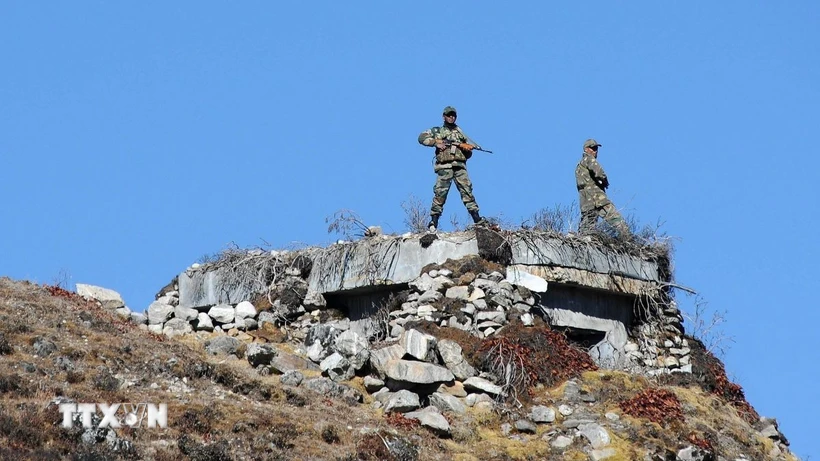












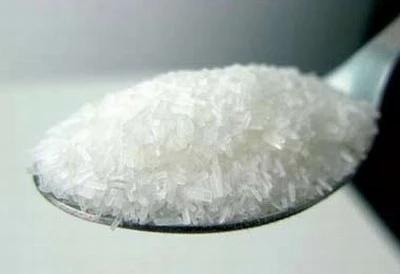
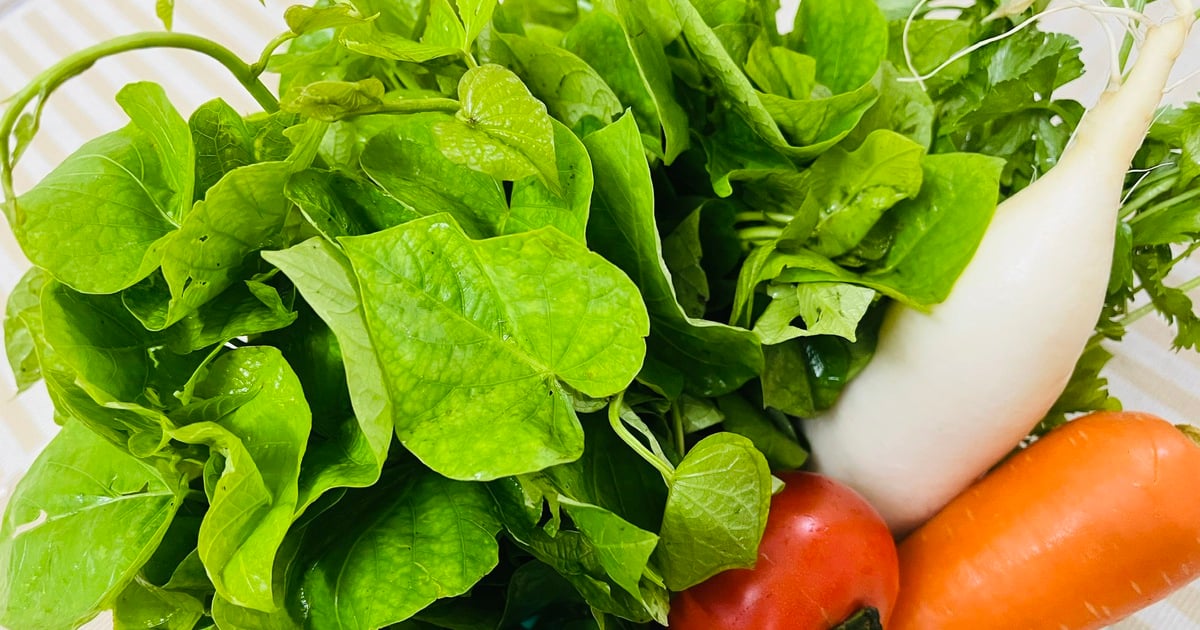
![[Video] Hanoi records 189 more measles cases in one week](https://vstatic.vietnam.vn/vietnam/resource/IMAGE/2025/4/2/7a2330ce125049c9900b0443e7e2361f)
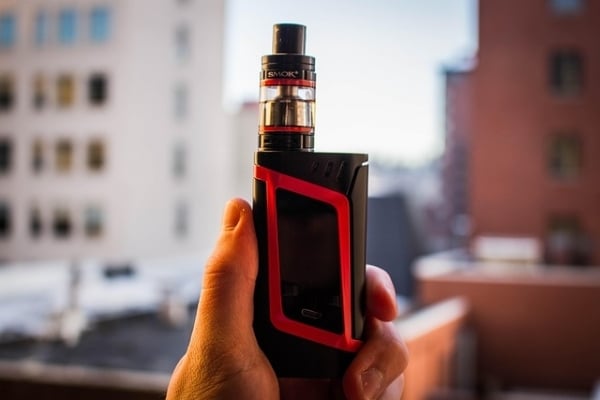










































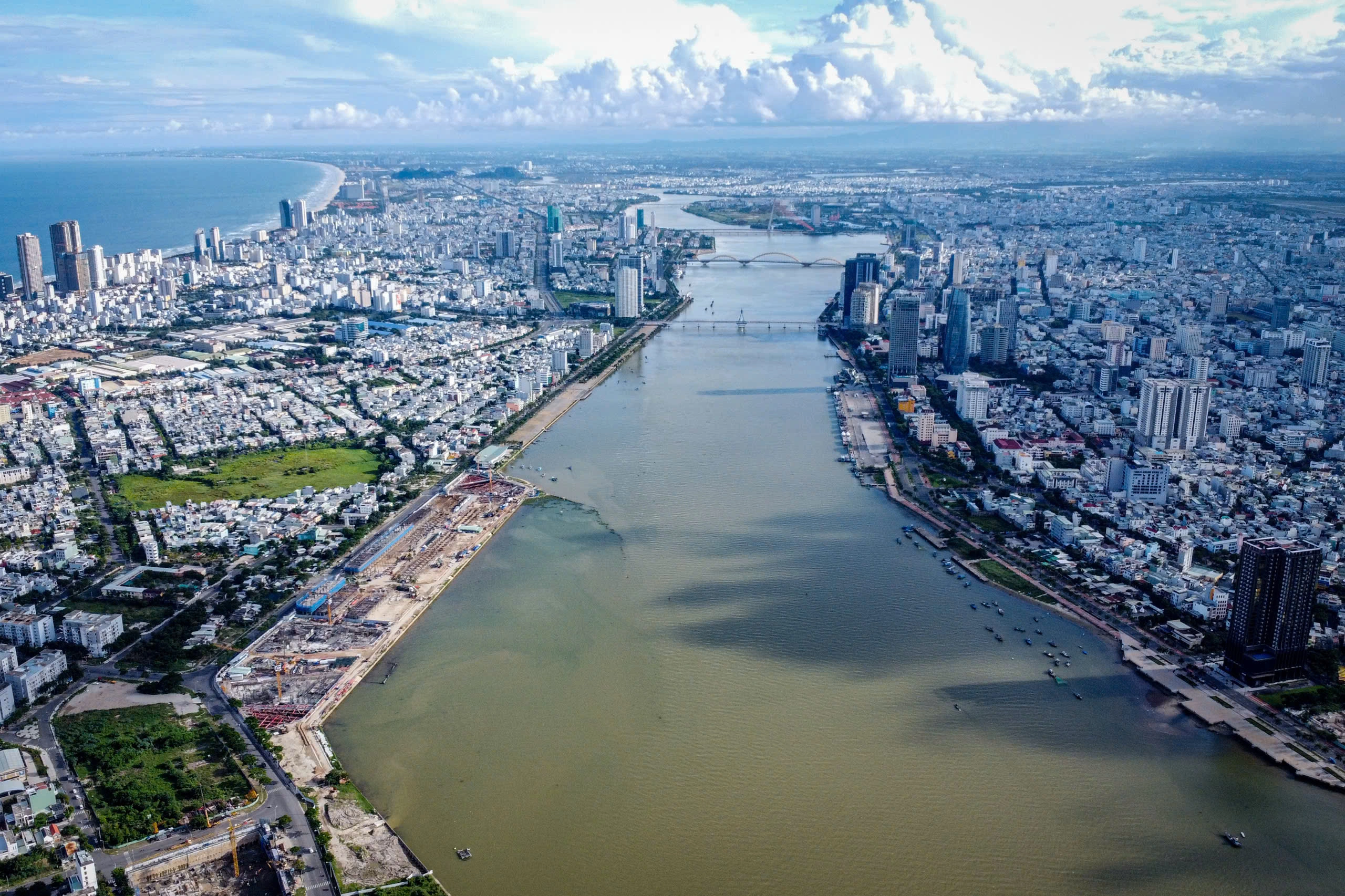





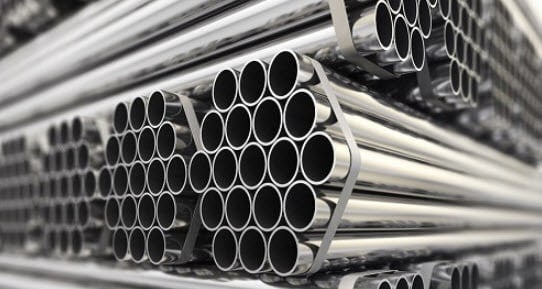






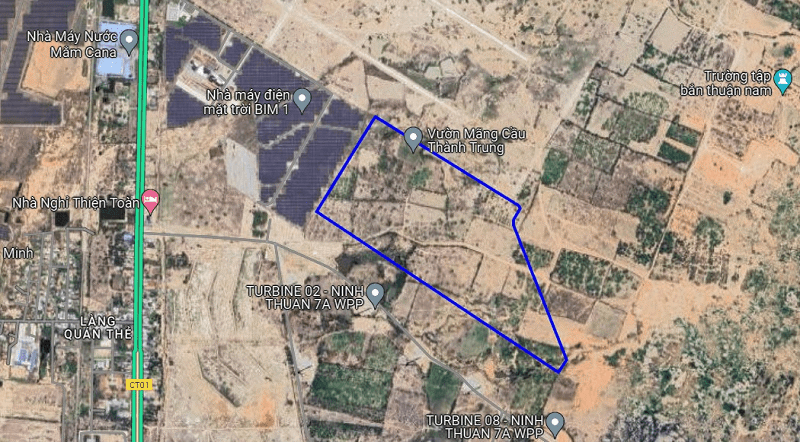















Comment (0)